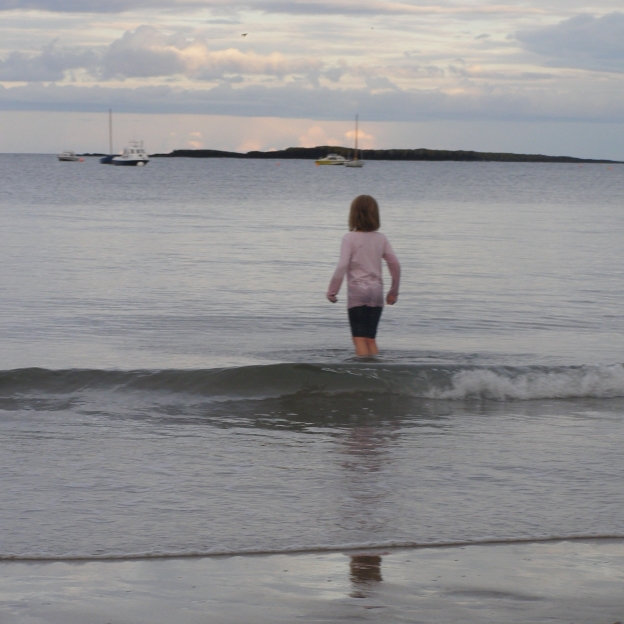There’s something about Advent that is quite disturbing, perhaps especially when it’s lived against the fairground noise of clanging tills, early Christmas Carols and the newly-imported and oddly-named festival of Black Friday.
Don’t get me wrong, I love this time of year. I’ve even learned to cope with school Nativity plays in late November and the infectious cheeriness of ‘Well here it is, Merry Christmas’, when actually it isn’t.
This faintly crazy dissonance can heighten our awareness that December brings a potent mix of themes and resonances: in church, in the secular calendar, in the natural world. There is hope, judgment and the starkness of stripped branches, endings, ice, expectation, the dying of the year and the promise of a new start. Biblical readings tell of ‘signs in the sun, the moon, and the stars … the roaring of the sea and the waves’, the latter being more than just a metaphor for those living on the east coast of Britain right now.
Through and beyond this time of things falling apart is the promise of a new and breath-taking intimacy between us and God, which will be achieved because a young woman assents to the unquantifiable risk of childbirth and the softening of her own heart to unspeakable loss.
Advent mirrors life. Expectation and joy mingle through our days with fragility and goodbyes. The balance shifts through the weeks and years as we learn to relish the gift of human relationships and the astounding diversity of the created world; to recognise the sacred in the biggest and smallest stuff of our lives; to shape and change what we can in ourselves and our communities; and to create core space in which we can deal with the deepest cuts in ways that encourage growth and healing.
If Advent is disturbing then that is because it speaks, all at once, of the full range of human experience. It encourages us to face fear and remain standing, to stir up our courage for the realities of risk and to believe in the new landscape that lies beyond our letting go of what’s familiar.
To be disturbed is to be truly alive. The deepest contentment comes not from the ability to deceive ourselves that we are in control, but to admit that quite often we’re not and then live imaginatively in the new space which our honesty opens up.




